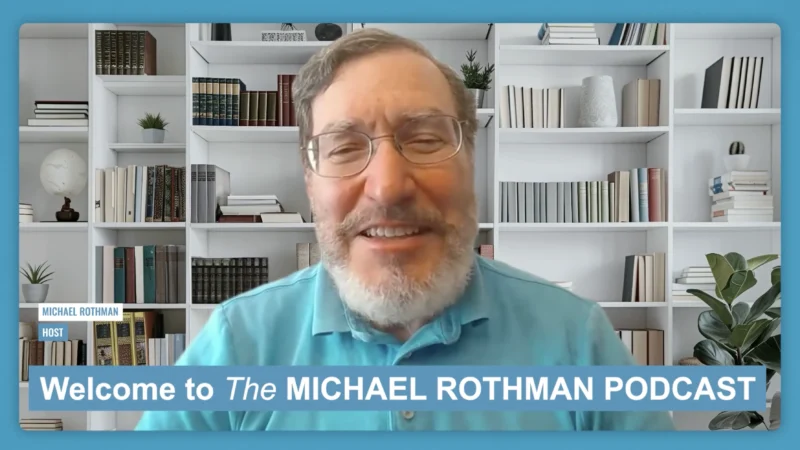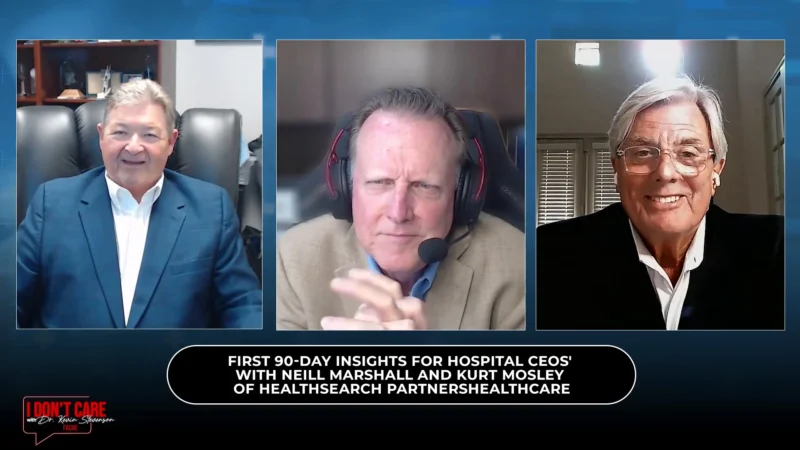The Dynamic Duo Helping MSK Populations!
Discover how a dynamic duo partnered with innovative, value-based strategies to revolutionize care for MSK populations.
As musculoskeletal (MSK) conditions like osteoarthritis and back pain continue to rise, innovative partnerships are vital to delivering effective, value-based care. Recent studies show that MSK conditions are among the leading contributors to disability in the U.S., highlighting the need for comprehensive and integrated care solutions.
How can healthcare systems better manage and support MSK populations?
Welcome to Healthcare Rethink, a FinThrive podcast hosted by Brian Urban. In this episode, Urban discovers a transformative partnership between John Petito, the Chief Strategy Officer at TailorCare, and Dr. Alexander Ding, MD, MBA, a Practicing Physician Executive at Humana. They discuss their collaborative efforts in improving care for MSK populations.
Main Discussion Points:
- The innovative approaches TailorCare and Humana are using to deliver personalized, value-based MSK care.
- The importance of integrating clinical expertise and advanced analytics to enhance patient outcomes.
- Future directions for expanding value-based care models to broader patient populations.
John Petito has extensive experience in healthcare strategy, focusing on building value-based care organizations from the ground up. Dr. Alexander Ding is a practicing diagnostic and interventional radiologist dedicated to advancing value-based care and improving healthcare delivery.




